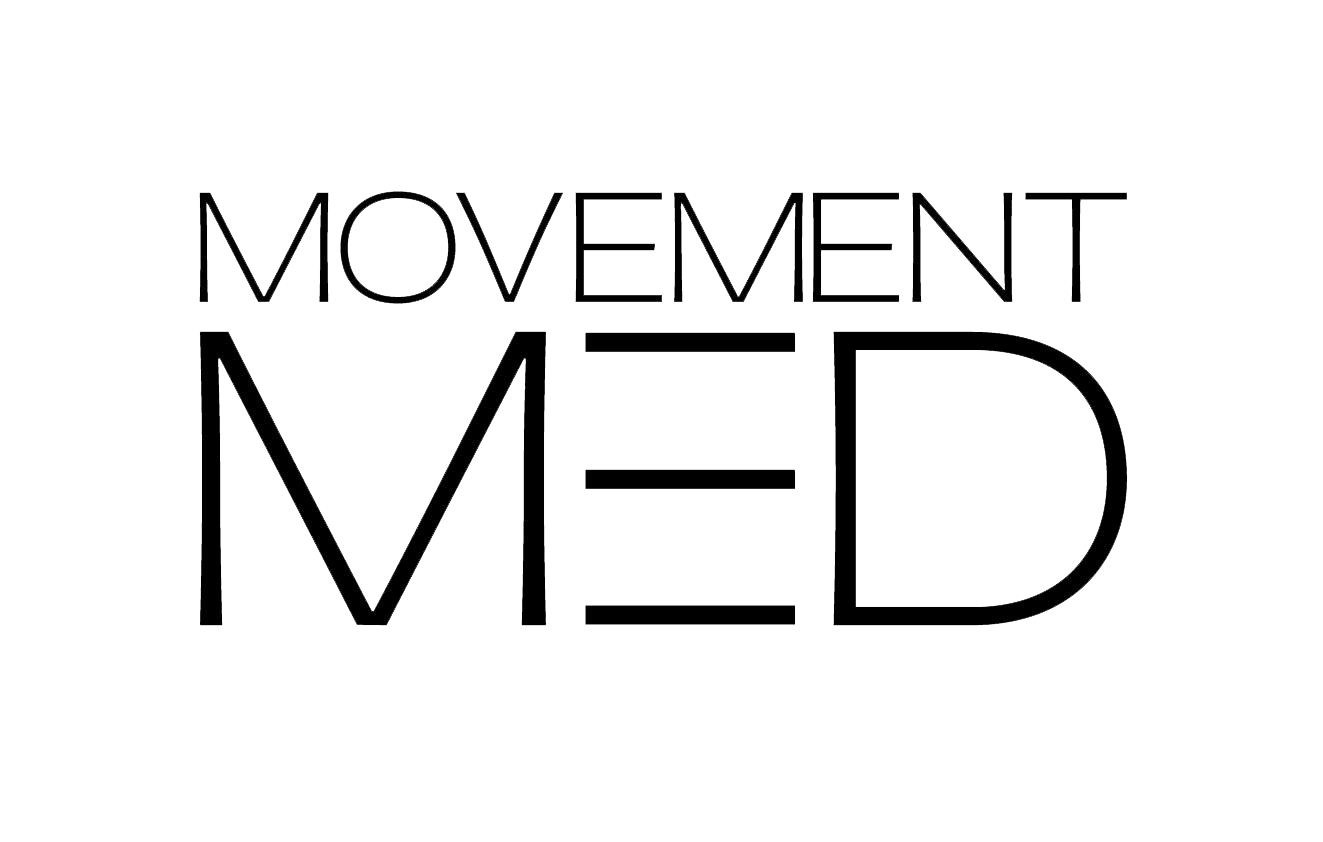Pelvic Floor Health: A History of Neglect, but Pilates Provides an Effective Solution
Pelvic Floor Health: A History of Neglect, but Pilates Provides an Effective Solution
Like many health issues unique to women, pelvic floor health is frequently neglected by the healthcare system. As a result, women often endure the consequences of poor pelvic floor function for years, even decades, after childbirth.
Pelvic floor muscles are a hammock located between abdominal muscles and the sacrum. These muscles play a crucial role in supporting the bladder, uterus, and rectum. As pregnancy progresses, the pelvic floor muscles stretch and become more pliable to accommodate the growing baby. This strain can weaken the muscles, resulting in issues such as incontinence, chronic pain, and muscle spasms.
Almost 70% of women experience some degree of perineal tearing during childbirth. Physical therapy and other medical treatments would be promptly recommended for any other muscle tear. So why isn't the same approach taken for postpartum women?
Other countries are ahead of the U.S. when it comes to postpartum care. In Europe, for instance, it’s standard practice for women to be referred to a physiotherapist at their 6-week check-up if they report any issues with bowel or bladder function. This care is not only easily accessible to women, but it is also often provided at little or no cost.
The situation for women in the U.S. is starkly different. Many insurance plans don’t cover pelvic floor therapy, putting it out of reach for countless women. Even those who can afford it often face another hurdle: a shortage of qualified providers. A lack of awareness compounds this problem – many patients don't know about pelvic floor physical therapy or its benefits. Additionally, the stigma surrounding pelvic health issues further discourages women from seeking the care they need.
Fortunately, alternative avenues for accessing this care have become more widely available in recent years. One such option is pre-, peri-, and post-natal Pilates. A study conducted in 2015 by the NIH indicated that pilates-based exercises offer an effective, safe, and practical way to alleviate postpartum fatigue.
What are the benefits of pre-, peri-, and post-natal Pilates? Prenatal Benefits
● Core Strength and Stability
Pilates targets deep core strength, including the pelvic floor, transverse abdominis, and multifidus. Strengthening these muscles enhances stability, reduces lower back pain, and supports proper posture throughout pregnancy.● Flexibility and Mobility
As the body undergoes physical changes during pregnancy, these exercises are especially valuable in preventing stiffness and promoting overall movement comfort.● Breathing Techniques
Proper breathing is critical during childbirth, and Pilates emphasizes effective breathing techniques that promote relaxation, reduce stress, and ensure better oxygen flow for both the mother and baby. These techniques also help women prepare mentally and physically for labor.Postnatal Benefits
● Restoring Core Strength
Postnatal Pilates helps rebuild core strength that may have been weakened during pregnancy. Targeted exercises help re-engage the abdominal muscles, address issues like diastasis recti (abdominal separation), and restore overall core stability.● Pelvic Floor Rehabilitation
The pelvic floor often weakens during pregnancy and childbirth. Postnatal Pilates plays a vital role in rehabilitating these muscles, which helps prevent and address postpartum issues such as urinary incontinence and pelvic discomfort.● Posture and Alignment
Motherhood can take a toll on posture, especially with activities like breastfeeding and carrying a baby. Postnatal Pilates helps realign the body, relieving tension in the neck, shoulders, and back, and supporting long-term postural health.● Stress Relief and Well-Being
Postnatal Pilates offers a healthy outlet for stress relief, promoting mental well-being
during the postpartum period. It provides mothers with a space to focus on their own
needs, enhancing emotional and physical recovery.
● Community and Support
Joining postnatal Pilates classes also offers a sense of community. New mothers can connect with others, sharing experiences and building supportive friendships that help navigate the challenges of motherhood.
Anita Washburn
